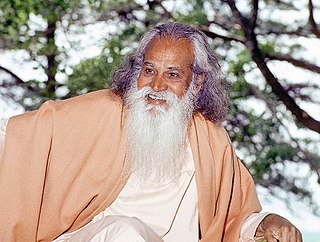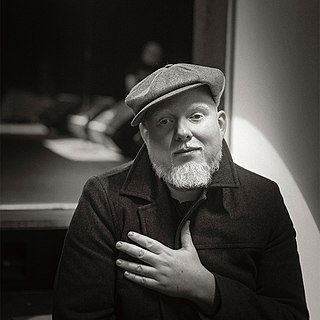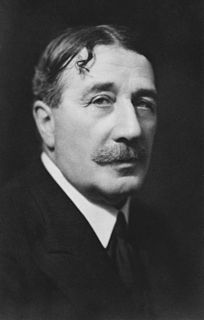A Quote by Edwin Hubbel Chapin
A man that simply loads himself down with possessions of which he has no actual need, when he dies slips out of them--as a little insect might slip out of some parasite shell into which it has ensconced itself--into the grave, and is forgotten.
Related Quotes
What a man can do and suffer is unknown to himself till some occasion presents itself which draws out the hidden power. Just as one sees not in the water of an unruffled pond the fury and roar with which it can dash down a steep rock without injury to itself, or how high it is capable of rising; or as little as one can suspect the latent heat in ice-cold water.
People think of a parasite as simply taking money, taking blood out of a host or taking money out of the economy. But in nature it's much more complicated. The parasite can't simply come in and take something. First of all, it needs to numb the host. It has an enzyme so that the host doesn't realize the parasite's there. And then the parasites have another enzyme that takes over the host's brain. It makes the host imagine that the parasite is part of its own body, actually part of itself and hence to be protected. That’s basically what Wall Street has done.
When we see the many grave-stones which have fallen in, which have been defaced by the footsteps of the congregation, which lie buried under the ruins of the churches, that have themselves crumbled together over them; we may fancy the life after death to be as a second life, into which man enters in the figure, or the picture or the inscription, and lives longer there than when he was really alive. But this figure also, this second existence, dies out too, sooner or later. Time will not allow himself to be cheated of his rights with the monuments of men or with themselves.
These terrifying forms which advance on me, I feel that the despair they bring is alive. It slips into this nucleus of life beyond which the paths of eternity extend. It is truly an eternal separation. They slip their knives into this center where I feel myself a man, they sever those vital ties which bind me to the dream of my lucid reality.
In the mythic tradition, the Mountain is the bond between Earth and Sky. Its solitary summit reaches the sphere of eternity, and its base spreads out in manifold foothills into the world of mortals. It is the way by which man can raise himself to the divine and by which the divine can reveal itself to man.
We need be careful how we deal with those about us, when every death carries to some small circle of survivors, thoughts of so much omitted, and so little done- of so many things forgotten, and so many more which might have been repaired! There is no remorse so deep as that which is unavailing; if we would be spared its tortures, let us remember this, in time.
Philosophers have long conceded, however, that every man has two educators: 'that which is given to him, and the other that which he gives himself. Of the two kinds the latter is by far the more desirable. Indeed all that is most worthy in man he must work out and conquer for himself. It is that which constitutes our real and best nourishment. What we are merely taught seldom nourishes the mind like that which we teach ourselves.
The first act by virtue of which the State really constitutes itself the representative of the whole of societythe taking possession of the means of production in the name of societythis is, at the same time, its last independent act as a State. State interference in social relations becomes, in one domain after another, superfluous, and then dies out of itself; the government of persons is replaced by the administration of things, and by the conduct of processes of production. The State is not abolished. It dies out.
Man himself is an enigma in motion; his questions never stay asked; whereas the mold, the footprint, and by natural extension, the statue itself, like the vaults, the arches, the temples with which man records his own passing, remain immobile and fix a moment of man's life, upon which one might endlessly meditate.






































